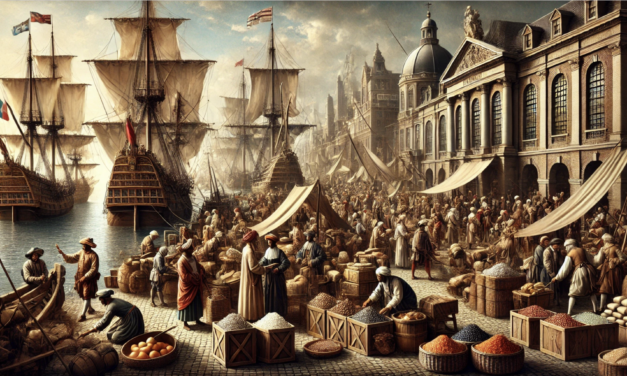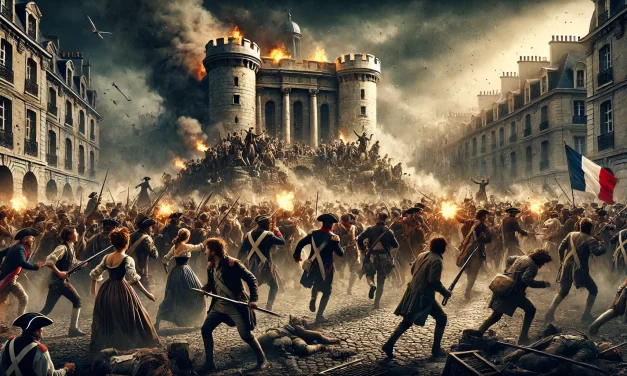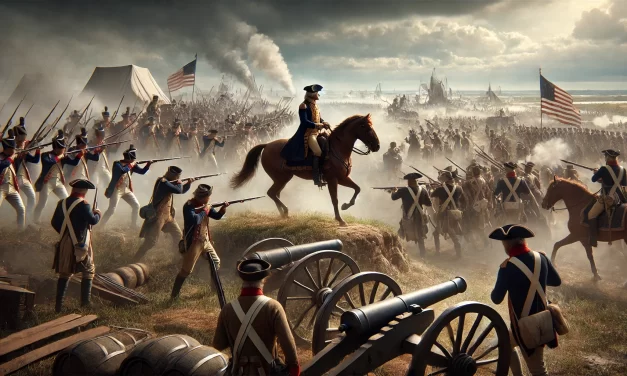The Birth of Modernity
Modernity emerged through 17th-century global maritime trade, fostering capitalism, financial institutions, and scientific advancements. The Enlightenment provided intellectual foundations, shaping democracy and individual rights. Rather than a solely European phenomenon, modernity was a global process, shaped by interconnected trade, governance, and exploitation, culminating in the Industrial Revolution’s acceleration.
Read More





